Brake Fluid Isn’t Forever: Why Melbourne Drivers Shouldn’t Skip This Service
By Damien Warner, Owner of Keys Road Auto Service
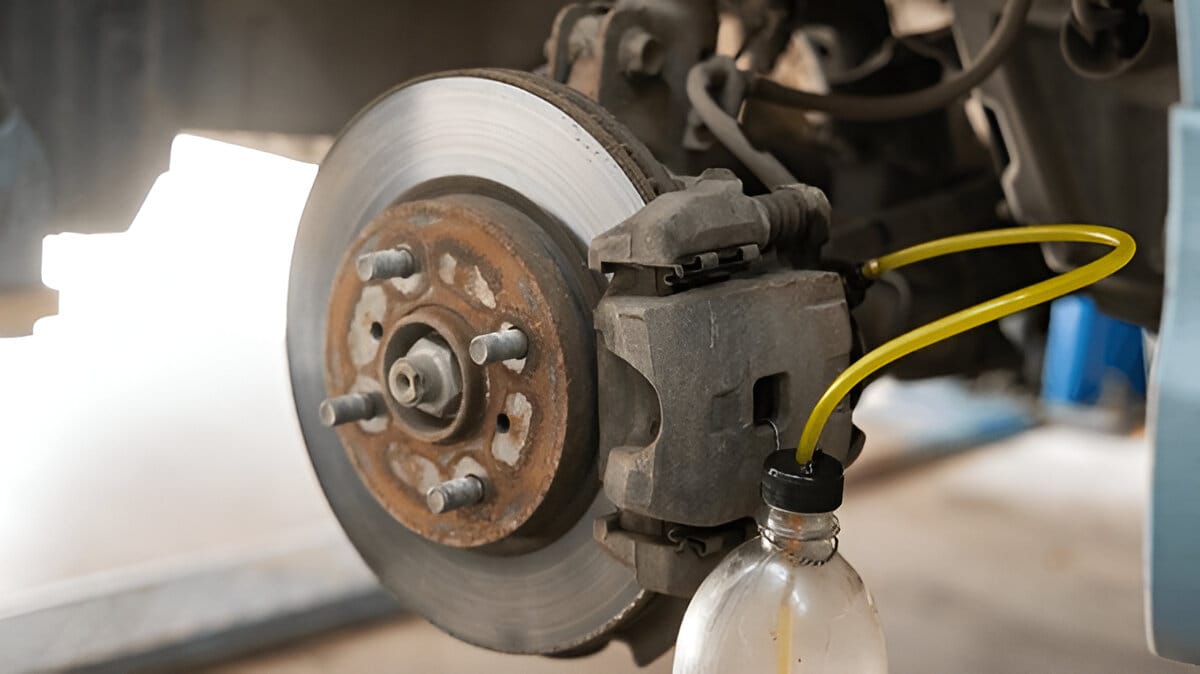
It’s a concerning feeling, and often, the culprit is something many of us overlook: brake fluid.
This essential component isn’t a ‘set and forget’ item; it actually degrades over time, and that can seriously compromise your safety on Melbourne’s roads. Let’s take a closer look into why brake fluid is so crucial and why regular replacement should be at the top of your car care checklist.
Brake Fluid’s Role in Your Car’s Safety System
Brake fluid is the unsung hero of your car’s braking system. It’s responsible for transferring the pressure from your foot on the brake pedal to the parts of your brakes that actually stop the car.
Without brake fluid, your brakes simply won’t work. It has to withstand extreme heat and maintain a consistent thickness to do its job properly. Even though it’s a closed system, it’s not completely sealed off from air, heat, or moisture, all of which can cause it to break down.
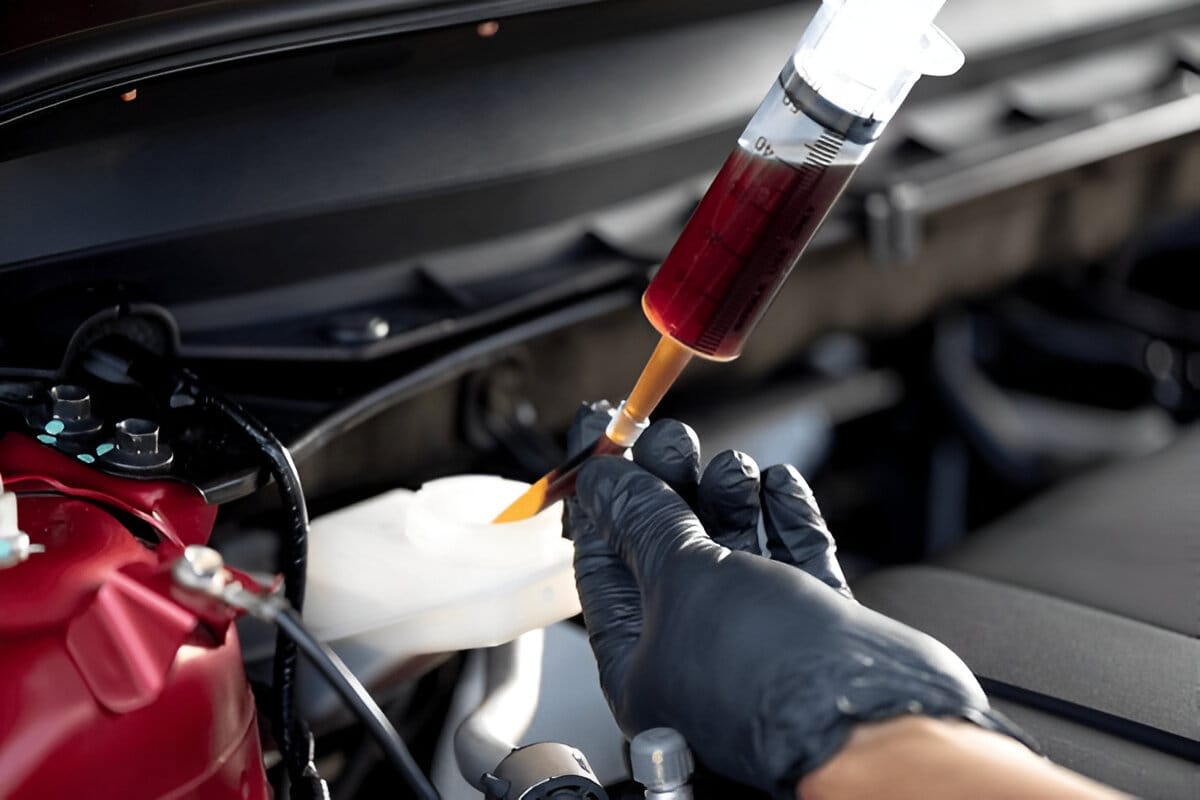
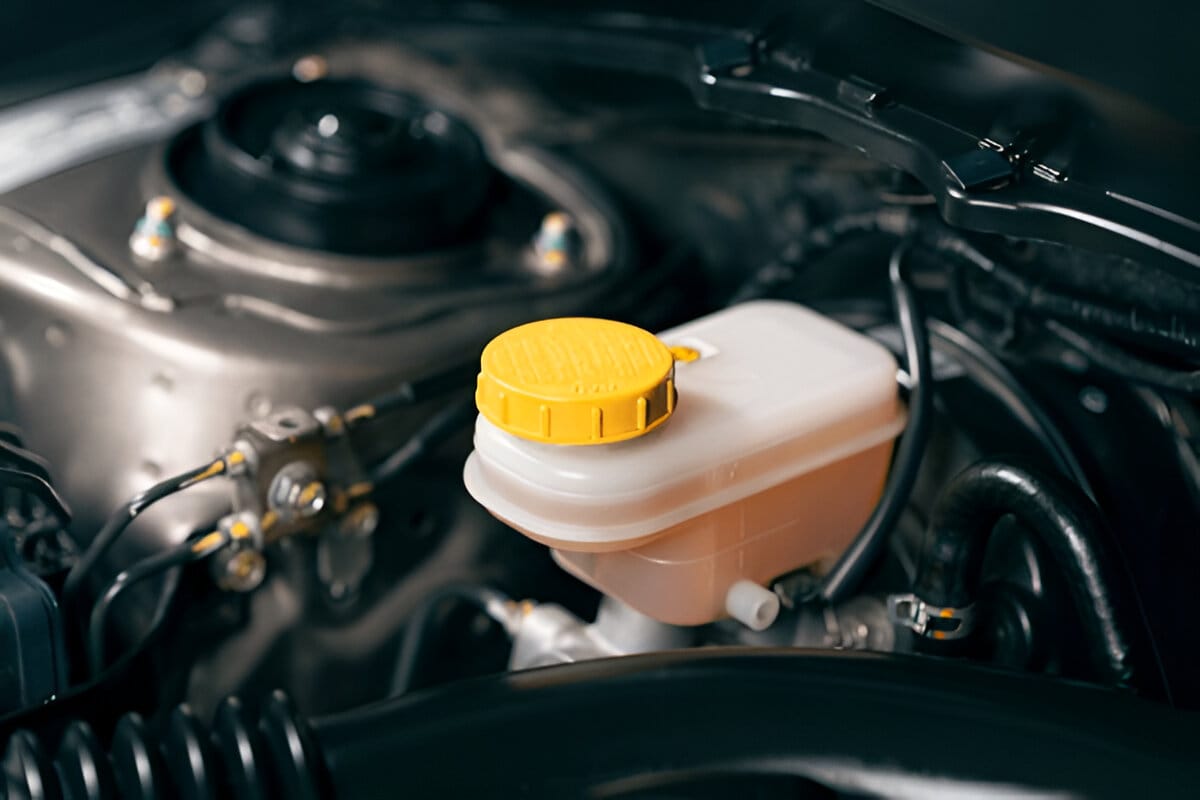
Why Brake Fluid Degrades Over Time
One of the biggest culprits is moisture. Brake fluid is hygroscopic, which means it absorbs moisture from the air. This happens even in sealed systems. As it absorbs moisture, its boiling point is lowered, which can lead to a dangerous situation called vapour lock or brake fade, especially during heavy braking.
In fact, experts at Bosch and Penrite recommend changing your brake fluid every 24 months because the moisture content rises over time, reducing its effectiveness and therefore your safety.
Additionally, if you drive in heavy traffic or tow trailers, the increased heat puts extra stress on your brake fluid, causing it to degrade faster.
Melbourne’s Climate Makes It Worse
If you live in Melbourne, the climate can add to the problem. Our proximity to the bay means there’s often a lot of moisture in the air, which increases the risk of condensation in your brake fluid lines.
We also experience a wide range of temperatures, and these temperature fluctuations can cause the brake fluid to go through repeated heating and cooling cycles, further contributing to its breakdown. Even if you don’t drive your car very often, moisture can still build up in the fluid reservoir.

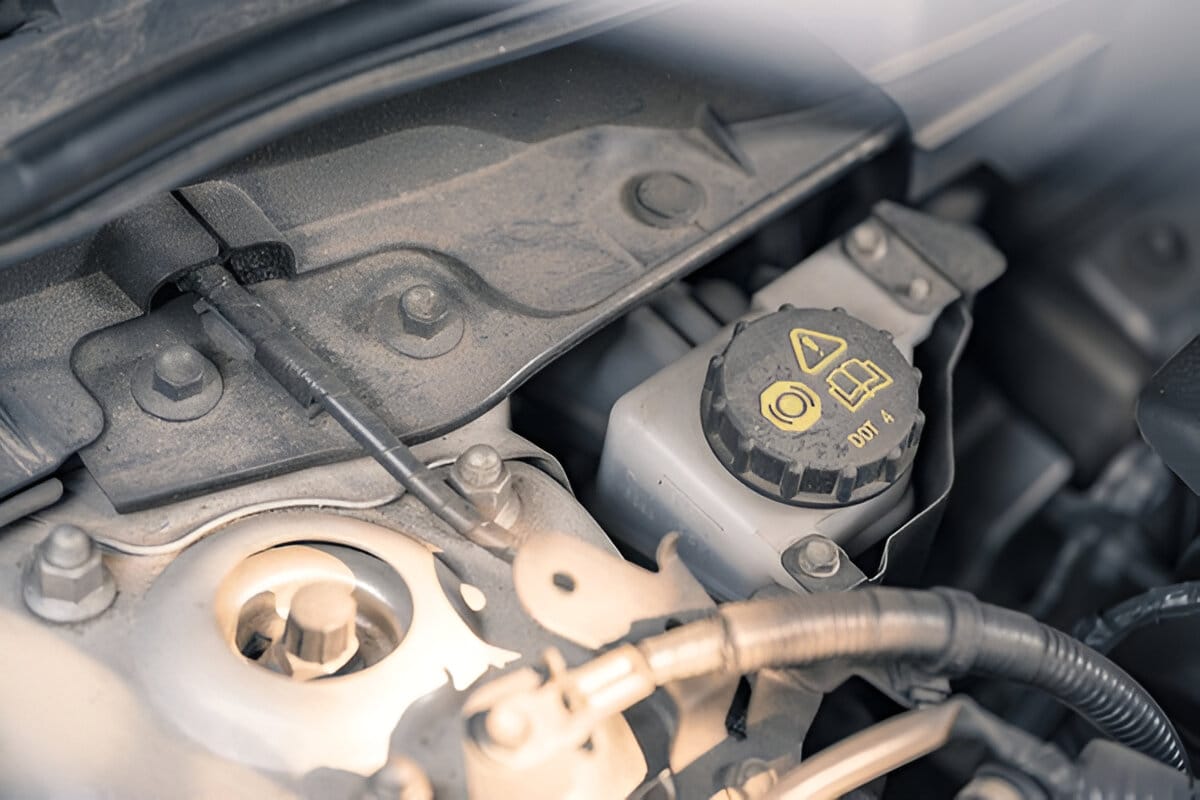
Warning Signs Your Brake Fluid Needs Changing
- A spongy or soft feel when you press the brake pedal.
- Longer stopping distances.
- Brake fluid that looks dark or cloudy.
- Your ABS or brake warning lights coming on.
The Cost of Skipping Brake Fluid Replacement
Ignoring these signs can lead to some serious consequences. You might experience reduced braking efficiency, meaning it takes longer to stop in an emergency. The moisture in the fluid can also cause corrosion in your brake lines and calipers, leading to expensive repairs.
In severe cases, you could experience complete brake failure, especially when towing, driving in the city, or driving down hills, which can be particularly dangerous in areas like Dandenong or on EastLink.

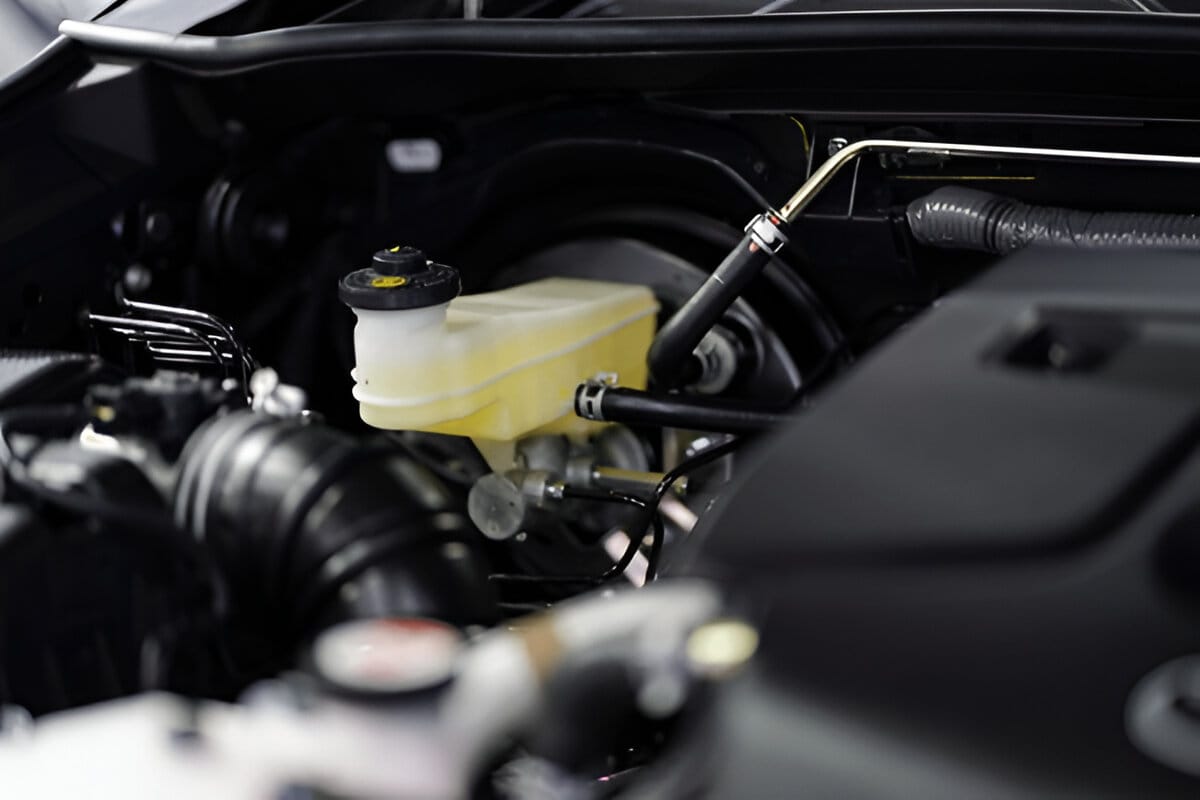
What Happens During a Brake Fluid Change at Keys Road Auto Service
When you get your brake fluid changed at Keys Road Auto Service, we don’t just drain and refill. We use a pressurised system to completely flush out the old fluid.
We also carefully inspect your master cylinder, calipers, and ABS modules for any signs of leaks or damage. We use high-quality, OEM-approved fluid that matches your vehicle’s specifications.
Our technicians are brake specialists, so you can be confident that the job will be done right.
How Often Should You Replace Brake Fluid?
The general recommendation is to replace your brake fluid every 24 months or 40,000 km, whichever comes first. Some high-performance or European vehicles may need more frequent changes.
It’s often a good idea to combine this service with your regular brake pad or rotor service.
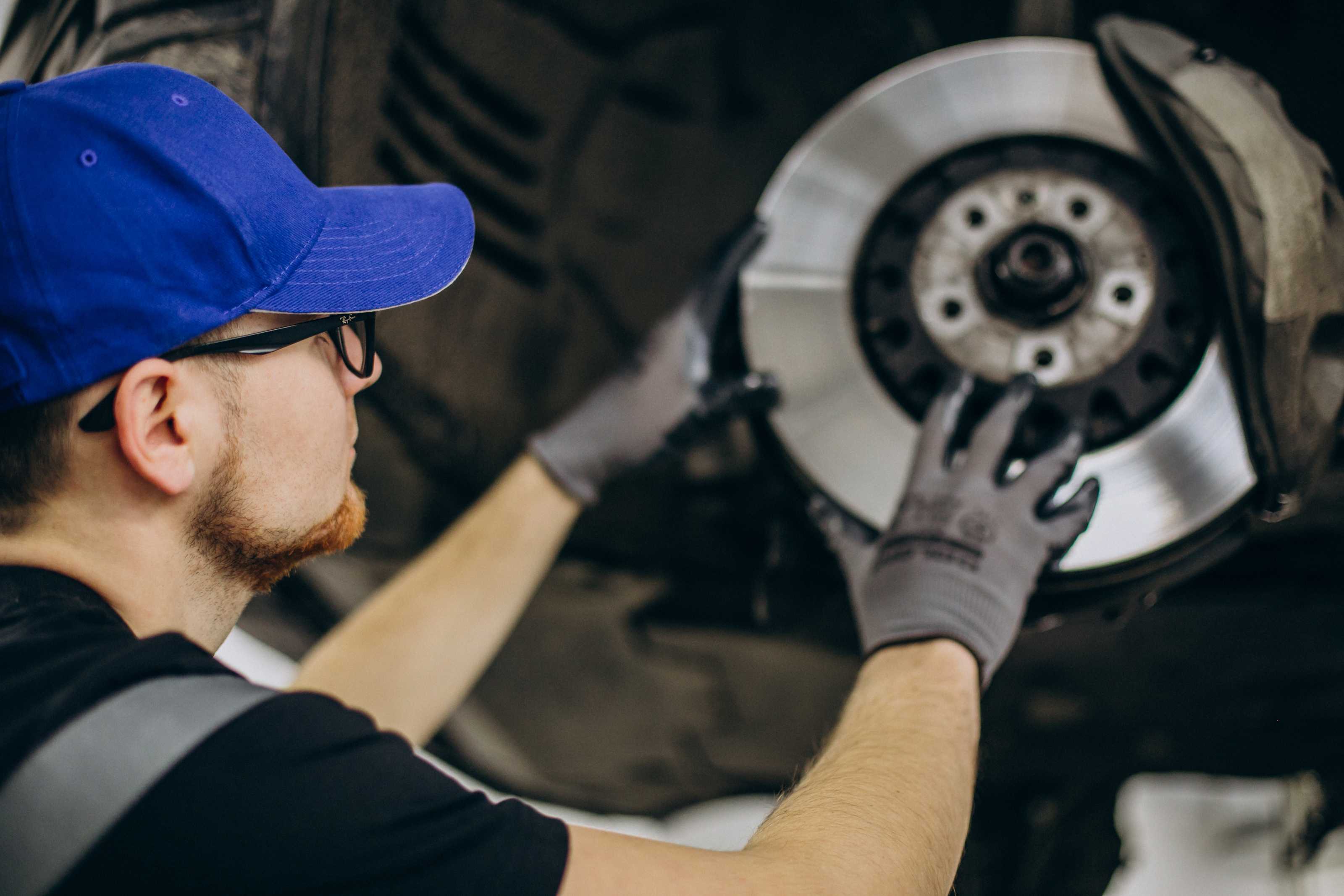
Don’t wait for that moment of uncertainty when you hit the brakes. A quick brake fluid check can save you from major headaches and hefty repair bills down the track.
At Keys Road Auto Service, we’re ready to provide expert service with a fast turnaround.
Book your brake fluid inspection online today. For our local Melbourne folks, we often have same-day appointments available. Prioritise your safety, and let Keys Road Auto Service ensure your brakes are in peak condition.

